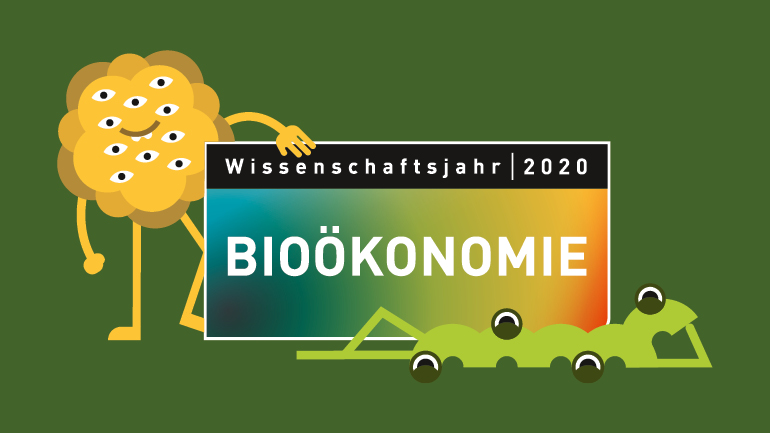Genetic diversity of aubergines recorded
For the first time, researchers have catalogued all the genes of the aubergine, including their characteristics. This new database provides a basis for breeding more resilient, climate-adapted and high-quality varieties.
CO₂ conversion using formic acid
A research team at the Max Planck Institute for Terrestrial Microbiology has developed an artificial enzyme that efficiently converts formate, a salt of formic acid, into formaldehyde. This enables the conversion of CO₂ into valuable raw materials.
Bio-based textile solutions
For a year now, researchers in the pHYBi project have been working to develop new approaches to circular and bio-based textile solutions through soil remediation and the use of biomass.
Valuable amides from wood waste
An international research team led by the Leibniz Institute for Catalysis (LIKAT) has developed a new, environmentally friendly process for effectively utilising the plant substance lignin to produce high-quality chemical compounds.
Heat stress tolerance of barley decoded
A research team from the University of Potsdam and the Leibniz Institute of Plant Genetics and Crop Plant Research (IPK) has identified two proteins that make barley resistant to heat.






